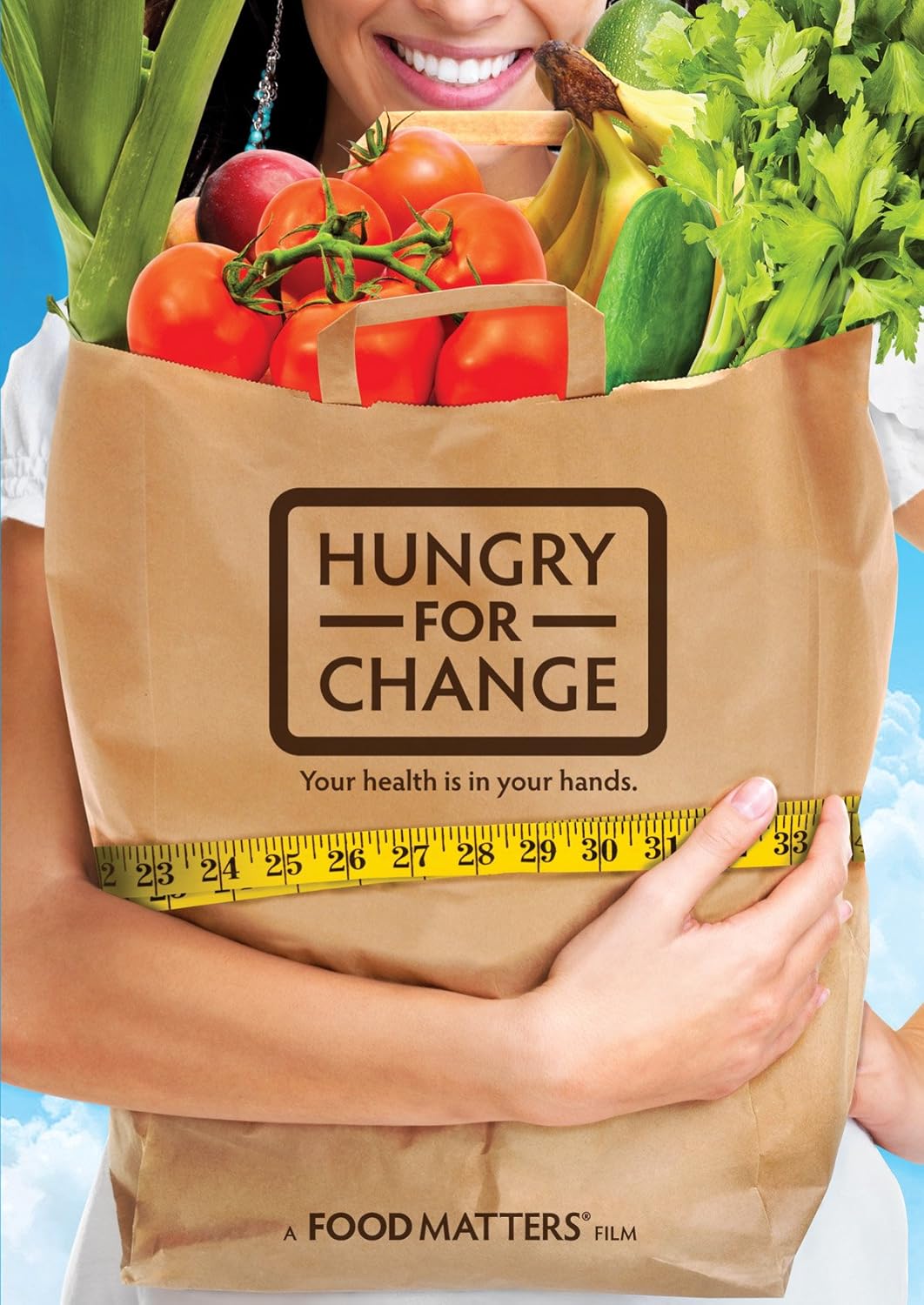"I don't exercise enough," he sighed with a fatalistic shrug. "Not like you."
"Me? Please. I don't 'exercise' exercise," I scoffed.
"Yes, you do, you walk," he retorted.
"Yeah, but not that much. I walk less now than I used to, and I weighed more then."
He stubbornly shook his head. "It's because I don't exercise."
I know it's because of what he eats. It would be impossible for him to haul around all those pounds if he was consuming the right foods. I have hit many a mental wall as I attempt to preach the Gospel of Produce.
"It's exercise!" the masses scream, takeout, chips, and sugary pink beverages in hand.
"Eat a cucumber!" I roar back.
"Never!"

Why this insistence that it's not the fault of donuts and ice cream?
Recently, I have come across articles holding "Big Food" accountable for this belief; in order to keep peddling their quasi-food products, they need consumers to think that the fault lies in their unchallenged abs.
You may not have noticed it yet, but sodamakers are working hard to get you off the couch. On Aug. 9, a New York Times article revealed that Coca-Cola was quietly funding a group of scientists called Global Energy Balance Network that emphasizes the role of exercise, as opposed to diet, in fighting obesity. There's also Mixify, an advertising and social-media campaign launched by Coca-Cola, Dr Pepper, Pepsi and the American Beverage Association that suggests "mixing lazy days with something light, following sweaty workouts with whatever you're craving"—encouraging the idea that when you're active, you can afford to eat or drink whatever you like. . .
"The notion that we can exercise away a bad diet is absolutely unfounded," says Dr. David Ludwig, director of the Obesity Prevention Center at Boston Children's Hospital and professor of pediatrics and nutrition at Harvard, "and it's contradicted by many research studies." Indeed there isn't strong evidence to show that exercise alone—at least at the level that anyone other than a marathoner maintains—can help people shed pounds and keep them off.
Park continues that people are starting realize this, and are curbing their soda intake, panicking sodamakers to encourage their product, brightly proclaiming those calories can be easily burned off. But not all calories are created equal, and excess sugar destroys the metabolism's efficiency over time.
"If you're a toaster oven, then the calorie-balance model is for you," says Ludwig. "If you're a human, it's not helpful."
There are a number of food-based documentaries out there; I watched Hungry for Change a few weeks ago, and felt like braying "Aaaaamen!" half the time (not all the time, half the time).

Have you seen these? Pretty neat. thesiscouture.com
ReplyDeleteI wear flats. :D
ReplyDelete